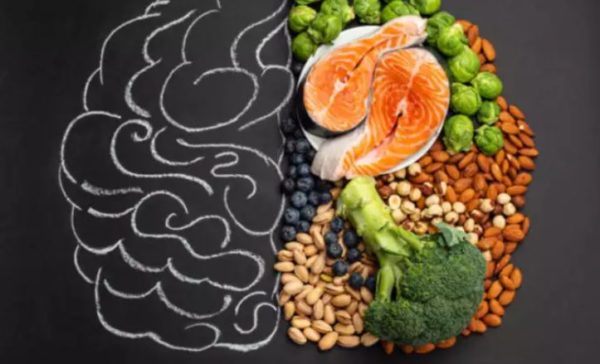Lifestyle
5 essential vitamins for a healthy body

Vitamin D3
Vitamin D3, or cholecalciferol, is a crucial fat-soluble vitamin that is required to support bone integrity, assist the immune system, and regulate mood. Vitamin D3 aids the body in absorbing calcium and phosphorus, on which the strength of bones and teeth relies, and deficiency can lead to rickets in children or osteoporosis in adults. Vitamin D3 is produced in the skin naturally when exposed to sunlight and is also found in foods like fatty fish, egg yolks, liver, and fortified foods like milk and cereals. Vitamin D3 also improves immune function and can reduce the risk of chronic illnesses and diseases, and infections.
Vitamin D3 has been linked to low blood levels of vitamin D3 to lead to fatigue, depression, muscle weakness, and repeated illnesses.
Flavonoids (Vitamin P)
Flavonoids are a polyphyletic collection of naturally occurring substances present in plants and are distinguished by their strong antioxidant and anti-inflammatory properties. They are all present ubiquitously in fruits, vegetables, tea, wine, and dark chocolate. Flavonoids shield the human body against oxidative stress by inactivating detrimental free radicals. They further aid in the preservation of cardiovascular health through improved blood vessel function and anti-inflammatory effects. These vitamins have also been researched for lowering the risk of chronic diseases like heart disease, cancer, and neurodegenerative disorders. Their capacity to affect cell signalling pathways also enhances immune system function and general well-being. Consumption of foods high in flavonoids is deemed to be health-protective and useful for ensuring long-term well-being and disease prevention.
Vitamin C
Vitamin C, also known as ascorbic acid, is a water-soluble vitamin that has an intense effect on the general well-being. It is tasked with boosting the immune system, helping to produce collagen (which is used to improve skin, cartilage, and bones), and enhancing the body’s ability to absorb iron from foods. As a strong antioxidant, vitamin C protects cells against free radicals, decreasing the possibility of chronic diseases. It helps in the healing of wounds and promotes healthy skin and gums. Because the human body cannot manufacture or store vitamin C, it must be provided regularly through the diet, with fruits such as citrus fruits, lemon, and tomatoes being good sources, along with bell peppers and broccoli.
Vitamin A
Vitamin A is an extremely crucial nutrient used to maintain the health of the eyes, particularly in low light, and to avoid health issues like anaemia. Vitamin A maintains the health of the eyes, especially in low light, and prevents night blindness. Vitamin A also maintains the health of the skin and mucous membranes as a protective shield against infection. It is available in two main forms: preformed vitamin A (in animal foods like eggs and milk) and provitamin A carotenoids (like beta-carotene, which is found in colored fruits and vegetables like carrots, sweet potatoes, and spinach). A deficiency of vitamin A can lead to visual disturbances, a weakened immune system, and skin issues.
Vitamin E
Vitamin E is an essential nutrient that is known for its powerful antioxidants. it protects cells from free radical damage. It helps healthy skin, eyes, and a functioning immune system. Vitamin E contributes to cell function and healthy circulation by preventing the oxidation of LDL cholesterol, thus contributing to healthy hearts. It is found naturally in foods such as nuts, seeds, spinach, broccoli, and vegetable oils, including sunflower and wheat germ oil. Vitamin E deficiency does not come easily but has consequences such as damage to muscles and nerves, a weakened immune system, and impaired vision. Because of its ability to combat oxidative stress, vitamin E is associated with anti-ageing benefits and protection of the skin from diseases.










